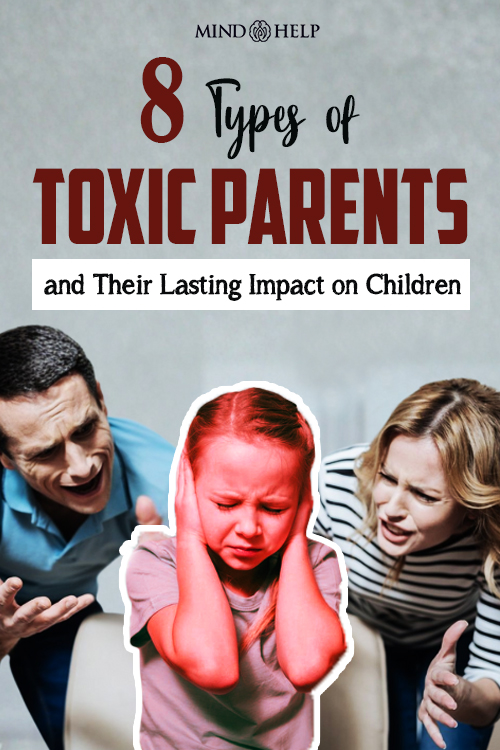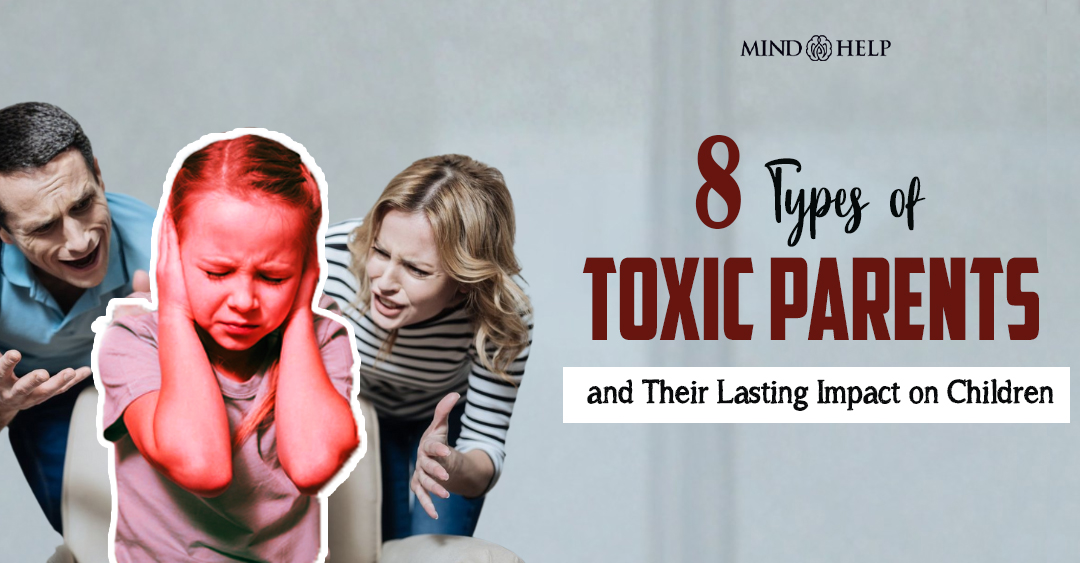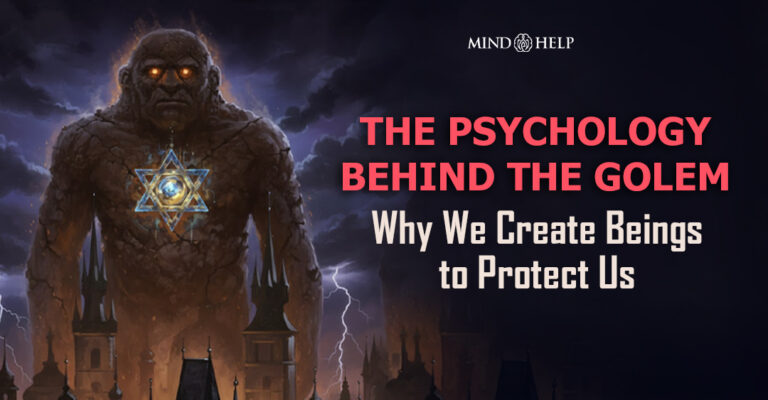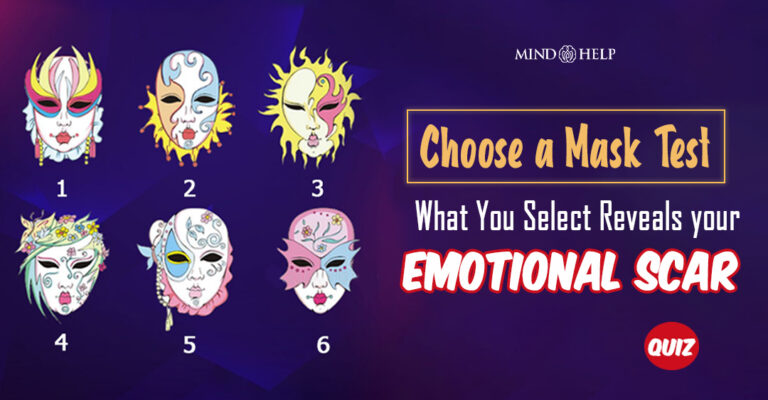Every family has its own unique rhythm, the quirks, the laughter, the rules, and the little traditions that make it special. But sometimes, those familiar patterns turn harmful. When parental behaviour shifts from being “strict” or “protective” to controlling, manipulative, or emotionally draining, it crosses into the territory of toxic parenting.
The tricky part? Toxic parents often disguise their actions as “love,” “discipline,” or “concern.” That’s why spotting the signs of toxic parents can be the first step toward self-awareness and healing.
Let’s explore the types of toxic parents, 8 common patterns that can quietly shape how we think, love, and connect as adults.
1. The Narcissistic Parent
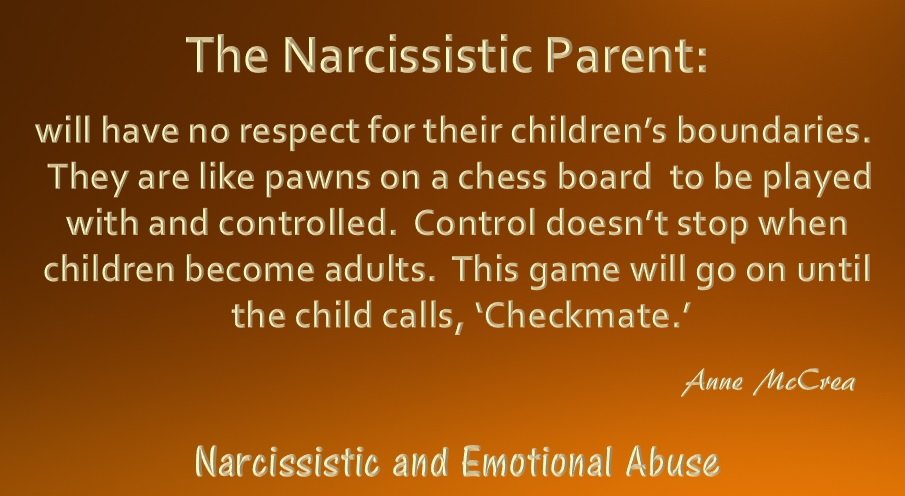
Everything revolves around them. These parents thrive on attention, praise, and control. You might often hear things like, “I sacrificed everything for you!” or “You made me look bad!”
To outsiders, they appear charming and admirable. But behind closed doors, it’s all about their needs, emotions, and image. Your successes belong to them, and your failures embarrass them.
Growing up with this kind of toxic parent creates deep self-doubt and fear of failure. You learn to suppress your needs and struggle with boundaries because love always feels conditional.
2. The Dismissive Parent
If you’ve ever heard, “Stop crying, it’s not that bad,” or “Others have it worse,” you know this one. Dismissive parents genuinely believe they’re teaching resilience, but they end up invalidating emotions instead.
To them, sadness or fear is a sign of weakness. Instead of comfort, you get detachment or irritation. As adults, children of dismissive parents often find it hard to express vulnerability or build emotional intimacy because they grew up thinking their feelings don’t matter.
Read: I Hate My Mom: What To Do To Heal Your Mother Wound
3. The Passive Parent
These parents avoid confrontation like the plague. They prefer silence over standing up, hoping problems will “just go away.”
On the surface, they seem easygoing and peaceful. But beneath that calm is fear, fear of conflict, rejection, or responsibility. When things get tough, they vanish emotionally.
Children of passive parents often learn to tolerate mistreatment and silence their anger to “keep the peace.” Confrontation feels unsafe, and avoiding hard conversations becomes second nature.
4. The Explosive Parent
With explosive parents, you never know what version of them you’ll get. One minute they’re calm, and the next, they’re shouting, slamming doors, or lashing out.
This emotional unpredictability makes children hyperalert. They learn to read moods and anticipate anger, constantly walking on eggshells.
The long-term result? Anxiety, perfectionism, and chronic emotional exhaustion. Instead of expressing themselves freely, these kids focus on survival.
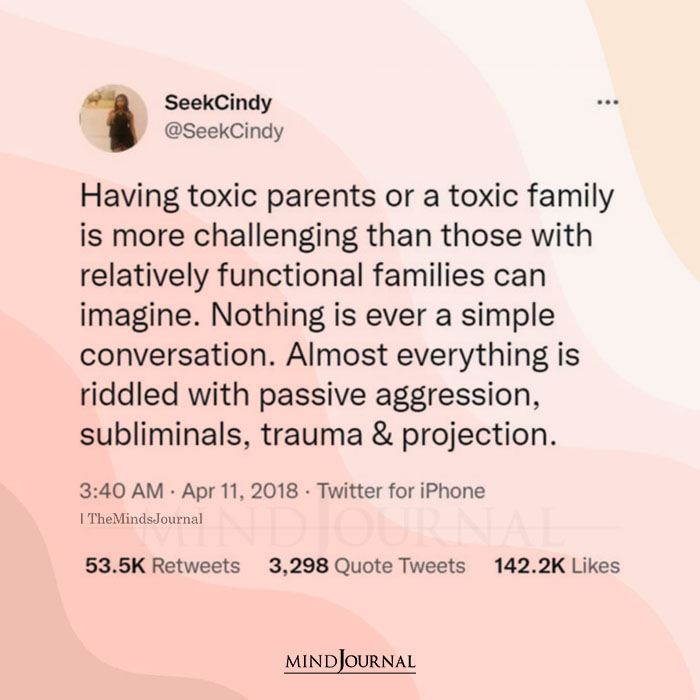
5. The Tiger Parent
For tiger parents, excellence is the only measure of worth. They demand perfection in everything, academics, sports, and behaviour, leaving no room for failure or rest.
Their intentions might come from care, but the message lands differently: You’re only lovable when you succeed. Mistakes become shameful, not learning opportunities.
Children raised under this toxic parenting style often grow into high-achieving adults who secretly battle burnout, self-criticism, and an inability to rest without guilt.
6. The Helicopter Parent
Among the classic signs of toxic parents is overprotection disguised as love. Helicopter parents hover around their kids, trying to control every move and prevent even minor discomfort.
While their intentions may be good, this constant interference stifles independence. It teaches children that the world is dangerous and they can’t trust themselves to make decisions.
As adults, these children often struggle with decision-making and rely heavily on reassurance. The “safety net” their parents created eventually becomes a cage.
7. The Parent Who Needs Parenting
Some parents never truly grow up. Whether it’s emotional immaturity, mental health issues, or addiction, they depend on their child for stability and emotional care.
This role reversal — where the child becomes the caretaker — robs children of their own childhood. They become responsible, self-sufficient, and hyperaware, but also emotionally drained.
As adults, they find it hard to ask for help, feel guilty setting boundaries, and tend to attract relationships where they have to “fix” others.
Read: What Does My Inner Child Need Quiz: The Child You Choose Reveals Your Deepest Emotional Wound
8. The Parent Who Lives Through Their Child
This parent projects their unfulfilled dreams onto their child — wanting them to achieve the things they couldn’t. Whether it’s becoming a doctor, athlete, or star performer, the child’s individuality gets lost in the parent’s ambitions.
While it may look like motivation, it often leads to pressure, guilt, and lack of autonomy. The child learns that saying no equals disappointment, and following their own path means being “selfish.”
Over time, these children grow into people pleasers, constantly chasing approval and struggling to define who they really are.
Breaking the Cycle: Healing from Toxic Parenting
If you see your experiences reflected in these types of toxic parents, know this: awareness is the first step toward freedom. Most toxic parents aren’t “evil”; they often carry their own unresolved pain and trauma.
You can’t rewrite your childhood, but you can learn how to deal with toxic parents by setting boundaries, seeking support, and reparenting your inner child. Healing means seeing your parents as flawed humans — not as the judges of your worth.
And if you ever ask yourself, “Are my parents toxic?” — that question itself shows awareness. That’s where healing begins.
Remember, growth doesn’t mean cutting ties overnight. It means reclaiming your power, learning healthier patterns, and choosing peace over guilt.
How to deal with toxic parents?
Dealing with toxic parents isn’t easy: you love them, but their behaviour drains you. Start by setting firm boundaries, even if it feels uncomfortable. Limit emotional exposure, and remember: protecting your peace isn’t a sign of disrespect. Seek support from trusted friends or a therapist. You can care about them without letting their toxicity control your life.
Are my parents toxic?
If you often feel anxious, guilty, or never “good enough” around them, that’s a red flag. Toxic parents criticise, control, or manipulate instead of supporting you. Trust how you feel after interactions; your emotions are clues. Healthy love feels safe, not exhausting.
What are the 4 types of parenting styles?
There are four main parenting styles: authoritative (firm but loving), authoritarian (strict and controlling), permissive (lenient and indulgent), and neglectful (uninvolved or detached). Authoritative parents balance warmth with rules, while the others lean too far one way.
